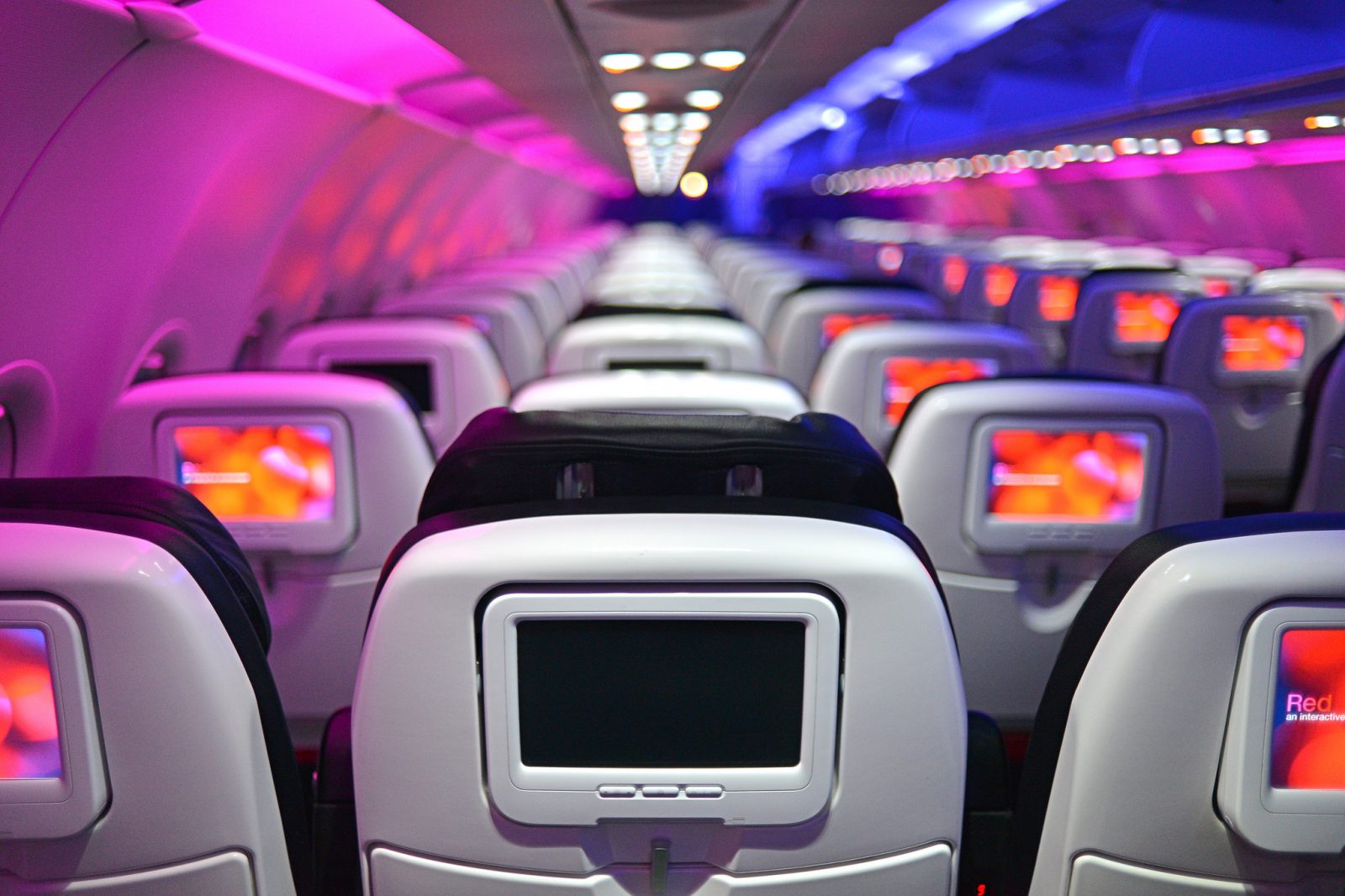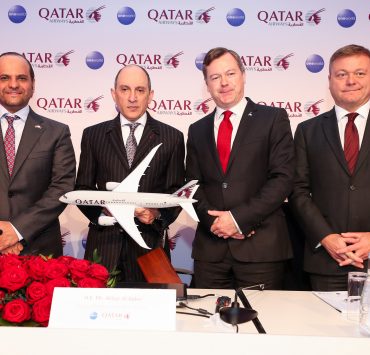
According to the Centers for Disease Control and Prevention, the United States is in the midst of an opioid overdose epidemic. In 2016, more than 42,000 people died as a result of an opioid overdose – more than any other year on record. In fact, the majority of drug overdose cases are as a result of opioid abuse and even more worryingly, drug overdoses have since become the leading cause of death of Americans under 50.
You might be wondering what this public service announcement has to do with the aviation industry or with flight attendants, but a union which represents airline staff say they know drug abuse doesn’t stop at the entrance to the TSA screening line.
The Association of Flight Attendants say they fear passengers who suffer an opioid overdose onboard a commercial flight in the United States are at greater risk of death because of a lack of a basic medication that can reverse the effects of an overdose.
In an open letter to the head of the FAA, the union has called on the agency to make naloxone nasal spray a compulsory item to be carried in emergency medical kits on passenger airlines – a lifesaving medication that quickly reverses the effects of an opioid overdose.
“Passenger medical emergencies have and will continue to include opioid overdoses. Unfortunately, passengers may die from opioid overdoses on airplanes from the sheer lack of access to naloxone,” reads the letter.
Explaining the rationale for carrying naloxone, the letter continues:
“There is broad consensus across the medical, drug advocacy and government communities that increased access to naloxone is a critical component of the emergency treatment of opioid overdose,”
“Currently, however, naloxone is not a standard onboard medication in commercial aviation, which renders individuals at a higher risk of death by overdose in the air than on the ground.”
Opioids are drugs that act on the nervous system to offer powerful relief from pain – examples include Codeine and Fentanyl as well as heroin. Last year, six out of ten drug overdose deaths involved an opioid.
To counter the effects of an overdose, naloxone can be delivered by an FDA-approved nasal spray – it’s been used in emergency room’s for over 40 years and is now frequently used by law enforcement officers as well as basic life support providers in pre hospital settings. A single dose may revive someone for as much as 20 minutes – just enough time to divert a flight and get access to professional medical help.
The Association of Flight Attendants, as well as a number of other organisations, including The National Center on Addiction and Substance Abuse, is now calling on the FAA to issue regulations on naloxone.
They want the FAA to force airlines to carry at least four doses of naloxone and for Flight Attendants to receive training in order to administer naloxone as first responders.
Mateusz Maszczynski honed his skills as an international flight attendant at the most prominent airline in the Middle East and has been flying throughout the COVID-19 pandemic for a well-known European airline. Matt is passionate about the aviation industry and has become an expert in passenger experience and human-centric stories. Always keeping an ear close to the ground, Matt's industry insights, analysis and news coverage is frequently relied upon by some of the biggest names in journalism.









